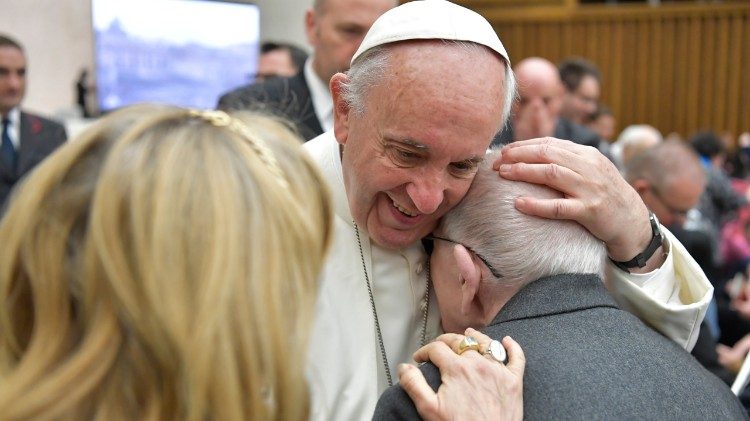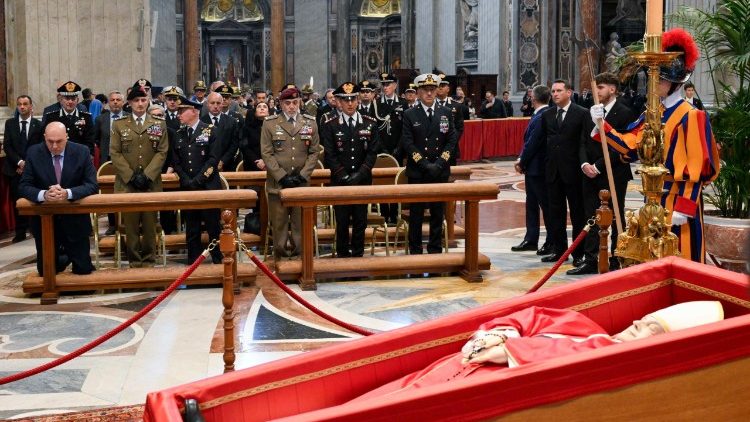The Baptism of the Lord: The Beginning of Ordinary Time and its Call to Holiness in the Everyday
An invitation to sanctify the everyday through the example of Christ and the teachings of St. Josemaría Escrivá

The Sunday of the Baptism of the Lord marks the end of the Christmas season and the beginning of Ordinary Time. On this day, many churches expose the Child Jesus in the crib while proclaiming the Gospel of his baptism in the Jordan River, an event that occurred approximately 30 years after his birth. It is as if the entire hidden life of Jesus were concentrated in a single day.
Although Ordinary Time may seem unimportant, it has a profound spiritual and theological meaning. The Sunday Gospels focus on the public life of Jesus, but this liturgical time is also an invitation to meditate on his hidden life in Nazareth: his living with Mary and Joseph, his learning of letters and sciences, the acquisition of virtues, his work in the carpentry shop and his neighborly relations. Every moment of his life had infinite value, because he did everything with love.
Holiness in the Ordinary
Ordinary time is intimately linked to the lay vocation to holiness, a teaching preached by St. Josemaría Escrivá and proclaimed by the Second Vatican Council. In this context, Burgos occupies a special place in the history of the founder of Opus Dei.
During the Spanish Civil War in 1938, after fleeing Madrid, St. Josemaría found refuge in Burgos. There, he spent 14 months of intense pastoral work, even in the midst of great difficulties. This period was not one of quiet, but of encounters and conversations that inspired many.
One of the most memorable moments was the visits of young soldiers who came from the front. Tired, wounded and emotionally exhausted, they found comfort and hope in St. Josemaría. But he not only consoled them; he also encouraged them to sanctify their daily lives. He taught them that God could be found in the small details, done with love.
A Lesson from Burgos Cathedral
Saint Josemaría used to take these young people to Burgos Cathedral, asking them to observe the details of its towering spires and sculptures, many of which were barely visible from the streets. “Who do you think these details were made for, if no one sees them?” he asked them. And he answered: “For God, because the artists knew that He does see them.”
This teaching about holiness in work well done remains revolutionary today. Every act of love, every daily task done with perfection and with the desire to please God, can be a divine offering.
Living the Vocation with Enthusiasm
Saint Josemaría constantly reminded us that we are all called to holiness, regardless of our circumstances. Whether in an office, a workshop or a home, our daily work can be transformed into prayer if we offer it to God and carry it out with care.
Following their example, we can ask ourselves: How can we live our professional vocation as a path to God? Just like the artists who built cathedrals with details for the glory of God, we too can transform our daily activities into works full of meaning and beauty.
In this ordinary time, let us remember that every moment has eternal value if we live it with love. As St. Clement of Alexandria said: “God is everywhere. Let us praise the Lord in every daily task and action, and let us be united to Him at all times.”
Related

Saying Goodbye to Francis
Exaudi Staff
26 April, 2025
2 min

The Family: A School of Love, Forgiveness, and Hope
Laetare
25 April, 2025
3 min

Pope Francis: Leadership That Transforms Through Service
Javier Ferrer García
25 April, 2025
4 min

The heart of the Church beats between mourning and hope
Exaudi Staff
24 April, 2025
2 min
 (EN)
(EN)
 (ES)
(ES)
 (IT)
(IT)

